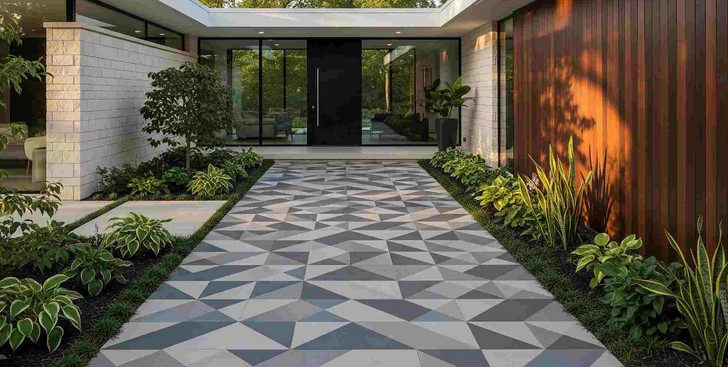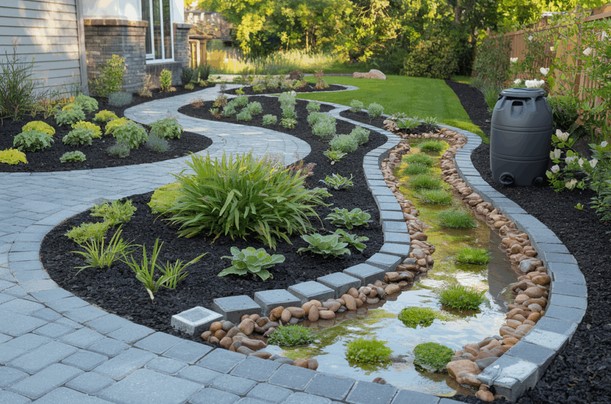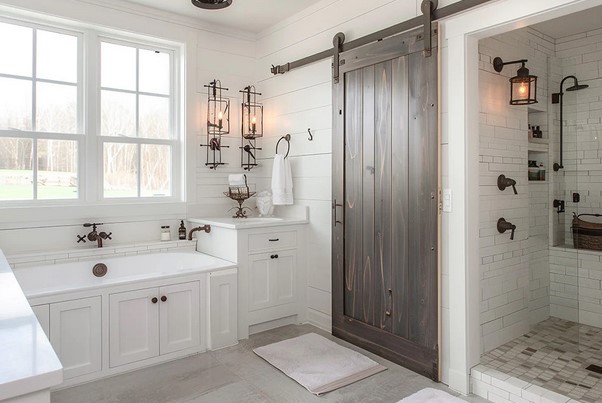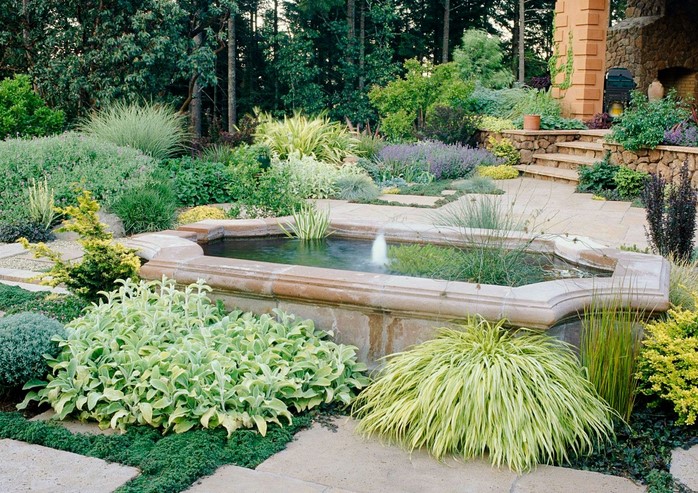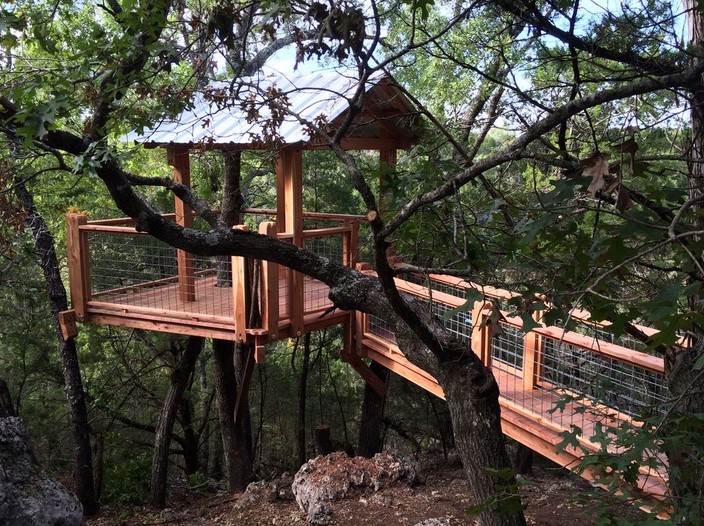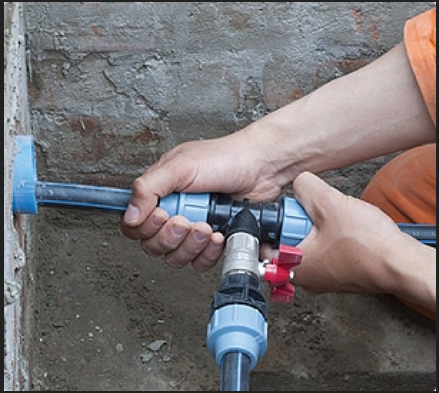
Maintaining a functional and efficient plumbing system is crucial for any property, whether residential or commercial. One of the most common plumbing issues is clogged or slow drains, which, if neglected, can lead to significant problems including leaks, pipe damage, and costly repairs. While many homeowners and property managers may attempt to clear drains on their own, hiring a licensed drain cleaning plumber provides far greater protection for your plumbing system. This article explores why professional drain cleaning is essential, how licensed plumbers ensure system longevity, and the long term benefits of expert care.
The Hidden Risks of DIY Drain Cleaning
It is tempting to use chemical cleaners, home remedies, or basic tools to clear a blocked drain. While these methods may provide temporary relief, they often fail to address the root cause. In many cases, DIY drain cleaning can cause more harm than good. Harsh chemicals can corrode pipes over time, damage seals and joints, and exacerbate existing weaknesses. Using improvised tools can also result in scratches, cracks, or misalignment in the plumbing system.
Licensed drain cleaning plumbers have the knowledge, training, and equipment to tackle blockages safely and effectively. They assess the type of clog, its location, and the condition of the pipes before proceeding with any cleaning method. This approach protects the integrity of your plumbing system and prevents small issues from escalating into major problems.
Comprehensive Drain Assessment
One of the key advantages of hiring a licensed drain cleaning plumber is the ability to perform a thorough inspection. A professional can identify early signs of buildup, corrosion, or structural damage that might go unnoticed by untrained eyes. Regular drain cleaning is not just about removing hair, grease, or debris; it also includes checking the health of the pipes themselves.
Licensed plumbers use advanced diagnostic tools, such as video inspection cameras, to examine the interior of pipes. This allows them to pinpoint clogs, identify weak points, and determine the most effective cleaning method. Early detection helps prevent leaks, backups, and costly repairs that often result from neglected drainage issues.
Choosing the Right Cleaning Method
Drain cleaning is not a one size fits all process. Different types of pipes, clogs, and plumbing systems require different techniques. High pressure water jetting, mechanical augers, and hydro snaking are just a few methods that licensed drain cleaning plumbers use. These approaches are tailored to the specific needs of each system, ensuring effective results without causing damage.
Attempting to force a blockage through DIY methods often risks pushing debris further into the system, creating more severe blockages. Licensed plumbers have the expertise to clear drains efficiently while preserving the longevity of the pipes.
Preventing Recurring Problems
Many property owners experience recurring drain issues after temporary fixes. Slow drains, foul odors, and frequent clogs often indicate underlying problems such as tree root intrusion, pipe misalignment, or mineral buildup. A licensed drain cleaning plumber addresses these root causes rather than just treating symptoms.
By combining professional drain cleaning with preventive maintenance advice, plumbers help property owners avoid repeated disruptions. This proactive approach extends the life of the plumbing system and reduces the need for emergency repairs.
Protecting Your Property Investment
A damaged plumbing system can have serious consequences for a property. Water leaks from clogged or mismanaged drains can damage flooring, walls, and structural components. Mold growth, foul odors, and unsanitary conditions are additional risks when drainage problems persist.
Hiring a licensed drain cleaning plumber is an investment in the overall health of your property. Professional service ensures that drains are cleared safely, potential issues are identified early, and your plumbing system remains in optimal condition. Over time, this protection can save significant costs associated with repairs, replacements, and property damage.
Maintaining Efficiency and Water Flow
Efficient drainage is critical for everyday comfort and hygiene. Slow or partially blocked drains reduce water flow, create unpleasant odors, and can interfere with appliances like dishwashers, washing machines, and sinks.
Licensed drain cleaning plumbers ensure that water flows smoothly throughout the system. They remove blockages completely and optimize drainage paths, which improves efficiency and reduces strain on the plumbing network. This attention to detail enhances overall system performance and supports long term reliability.
Health and Sanitation Benefits
Clogged drains can lead to stagnant water, which becomes a breeding ground for bacteria and mold. This creates health risks for residents, employees, and visitors. Regular professional drain cleaning eliminates standing water, removes debris, and ensures that waste flows correctly through the system.
Licensed plumbers follow industry standards and safety protocols, which reduces the risk of contamination and promotes a clean, sanitary environment. This is particularly important in commercial spaces such as restaurants, healthcare facilities, and offices, where sanitation is critical.
Compliance and Legal Considerations
For commercial properties, adhering to plumbing codes and safety regulations is essential. Improper drain cleaning methods, unauthorized work, or chemical misuse can lead to violations, fines, or liability issues.
Licensed drain cleaning plumbers are trained to comply with all local regulations. Their work meets required standards, ensuring that the property remains safe, legal, and operational. This professional oversight protects both the property owner and occupants.
Cost Effectiveness of Professional Drain Cleaning
Although hiring a licensed plumber may seem more expensive initially, it is cost effective in the long run. Professional drain cleaning reduces the likelihood of emergency repairs, water damage, and recurring blockages. It also prolongs the life of pipes and associated fixtures, which translates into fewer replacements and lower maintenance costs.
By investing in professional service, property owners achieve predictable maintenance expenses and avoid unexpected financial burdens caused by neglected or improperly cleaned drains.
Peace of Mind for Property Owners
One of the greatest benefits of hiring a licensed drain cleaning plumber is peace of mind. Knowing that your plumbing system is in the hands of trained professionals allows property owners to focus on other priorities without worrying about leaks, backups, or costly damages.
Licensed plumbers provide reliable service, detailed inspections, and preventive recommendations that keep plumbing systems healthy and efficient. This reassurance is especially valuable for busy households, office buildings, and commercial spaces where downtime or water damage can have significant consequences.
Long Term Value of Licensed Expertise
Regular maintenance and professional drain cleaning create lasting value for any property. Beyond immediate results, a licensed plumber can offer guidance on system care, identify vulnerabilities, and recommend improvements to avoid future problems.
The expertise and experience of licensed professionals ensure that plumbing systems remain functional, efficient, and durable over the long term. By investing in expert drain cleaning, property owners protect both their infrastructure and financial investment.
Clogged or slow drains are more than an inconvenience; they are early warning signs of potential plumbing failures. While DIY methods may offer temporary relief, they often fail to address underlying issues and can damage pipes over time.
Hiring a licensed drain cleaning plumber ensures safe, effective, and long lasting solutions. Through professional inspection, proper cleaning techniques, preventive care, and compliance with regulations, licensed plumbers protect the integrity of your plumbing system.
From maintaining efficiency and water flow to preventing costly repairs and safeguarding property value, professional drain cleaning offers unmatched benefits. Investing in licensed expertise today helps avoid future headaches, reduce expenses, and secure a healthy, reliable plumbing system for years to come.

